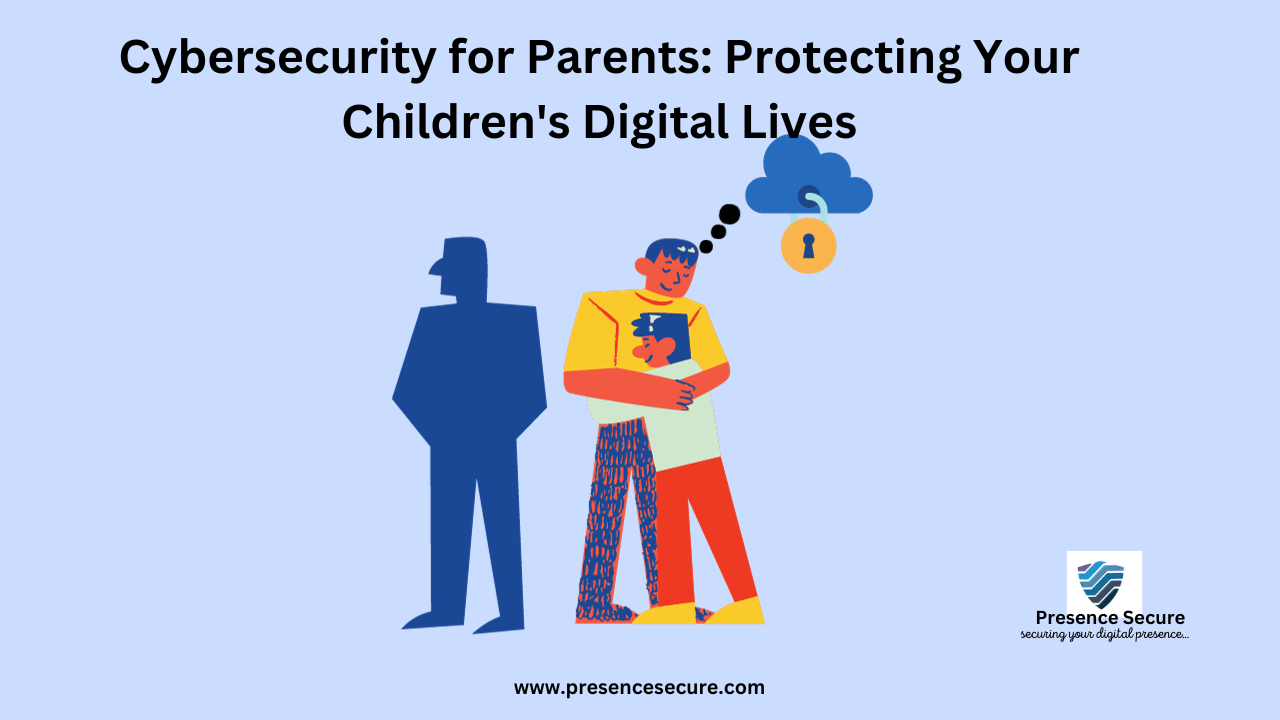
In an era characterized by the rapid technological advancement of kids, cybersecurity for parents becomes a subject of interest, coupled with the fact that the global landscape has witnessed the phenomenon of the world becoming a closely interconnected entity akin to a small village.
This interconnectedness is facilitated by the seamless transmission of information across geographical boundaries, resulting in the permeation of diverse cultural practices. However, this unconstrained proliferation of information and practices brings forth challenges, particularly concerning the upbringing of the younger generation. Parents now find themselves confronted with the task of maintaining checks and balances on their children’s online activities in a digital environment that operates beyond physical borders.
This article delves into the intricacies of this challenge and proposes strategies to effectively guide and monitor children’s internet activities during their parents’ absence.
Here are some important ways you can protect your children’s digital lives.
1. Foster an ambience of communication
First things first, as parents, you need to have established an environment that fosters communication with your kids. This solves more than half of the problem. Encouraging your children to share their online experiences allows you to better understand their digital interactions and intervene if necessary. Don’t be present yet distant, in this time, and age, your children could be interacting with the world while being right in front of you. Ensure you have a cordial relationship with them.
2. Educate yourself
After successfully establishing an ambience of communication, it is necessary to educate yourselves on the latest technology, what is out there and what is attainable online. Many parents are oblivious to the schemes out there. Children are exposed and are more informed than their parents on techy stuff. As a parent, you must do your utmost to ensure that you stay always in the loop so you can serve as a true guardian to your kids. The internet can be a nefarious pal.
3. Educate your children
Regardless of how much your children know, the fact remains that if parents stay updated, they can help their children traverse the many ills available on the internet. By teaching your children about cyber-security best practices for kids like not sharing their passwords, not talking to strangers online, reporting bullies, and not clicking on any link without prior checking. These would protect children from many of the ills that come with surfing the digital space like pornography and gambling.
4. Use parental control(s)
Many applications have a parental control option, but do you know this? This option limits the capacity of an application to the barest and helps against showing harmful content to children.
Parents should embrace and utilize technological solutions such as parental control software and content filters. These tools enable parents to set boundaries, monitor usage, and protect children from inappropriate or harmful content. Examples of parental control tools are Google Family Link, internet security for kids, remote locks, etc.
5. Regular engagement and monitoring
Don’t just leave your children for long spells without checking their online activities. Periodic checks on their online activities are crucial. You should ask questions about their online experiences, the friends they interact with, and any concerns they may have encountered. Monitoring provides an opportunity to identify and address issues promptly.
Don’t be caught off guard. Always keep an eye out for your children’s online activities. If cybercriminals cannot get to you, your children are easy targets. As you know, children can be naive and inquisitive, so the tricks of cybercriminals may work on them. You don’t want that, so always as a matter of urgency follow the steps outlined in this article. Protect your kids, protect yourself.
